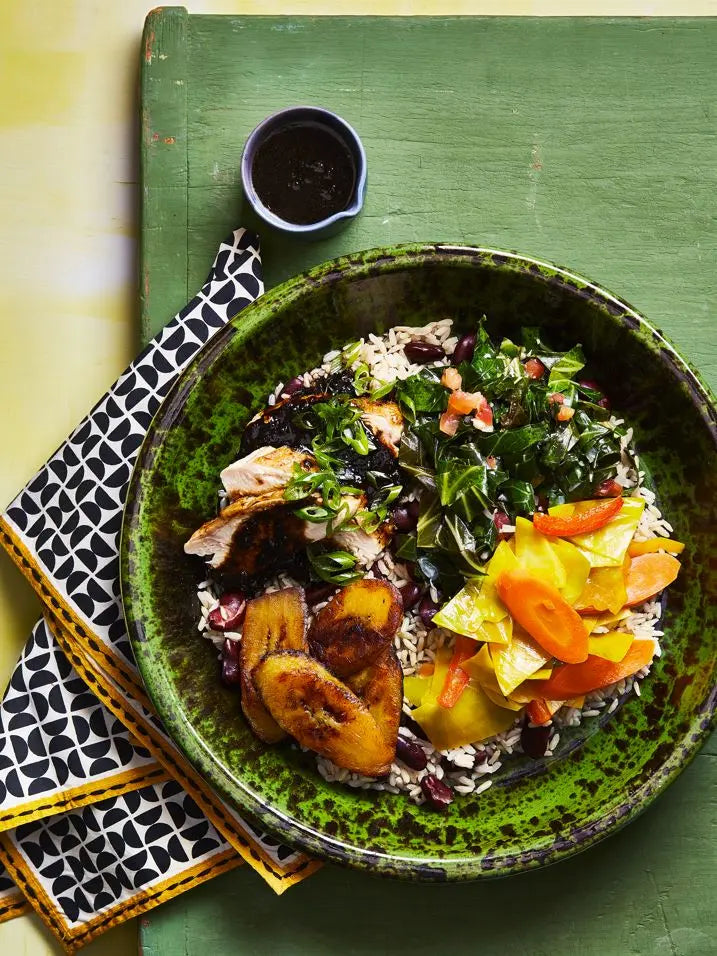Smoke Without Fire: The Ingenious Origins of Jamaican Jerk Chicken

With Jamaican restaurants established in all fifty US states, “jerk chicken” is now firmly part of popular lexicon. But, whether you’ve tried this spicy, slow-grilled meat or not, were you aware of its complex, survivalist origins?

When the British claimed Jamaica from the Spanish, in the 17th century, African slaves that had been trafficked there by the former fled to the mountains in order to avoid capture by the latter. Known as Maroons, they hunted wild boar and—in the manner of Jamaica’s remaining Taíno population, whom they encountered while in hiding—seasoned the meat with allspice berries, bird peppers, and salt before slow-roasting it over barely smoking coals in underground pits, as not to inadvertently signal their location to the Spanish.
Smoking meat for extended periods—a practice the Maroons’ ancestors had brought from Africa, but that was also shared by the Taíno, who had ancient roots likely in the Andes—not only kept insects away; it also preserved the meat for long periods after cooking. This allowed the Maroons to carry dried boar on their person for sustenance during hunts. (The word “jerk,” in fact, is derived from the Peruvian Spanish charqui, meaning dried strips of meat.)

Laroot’s Kingston Chicken, named after the Jamaican capital city, stays largely true to traditional jerk recipes, with a marinade comprising Scotch bonnet peppers, allspice, cinnamon, garlic, and vinegar, which provide antioxidant, anti-inflammatory, and antimicrobial properties. And in the spirit of glocality, the recipe’s free-range chicken breast—smoked to succulent perfection—is regionally sourced from Yellow Bell Farm in Red Hook, New York. At once sweet, spicy, and tangy, the Kingston Chicken is a nourishing, flavorsome homage to Jamaican ingenuity, resourcefulness, and perseverance.

